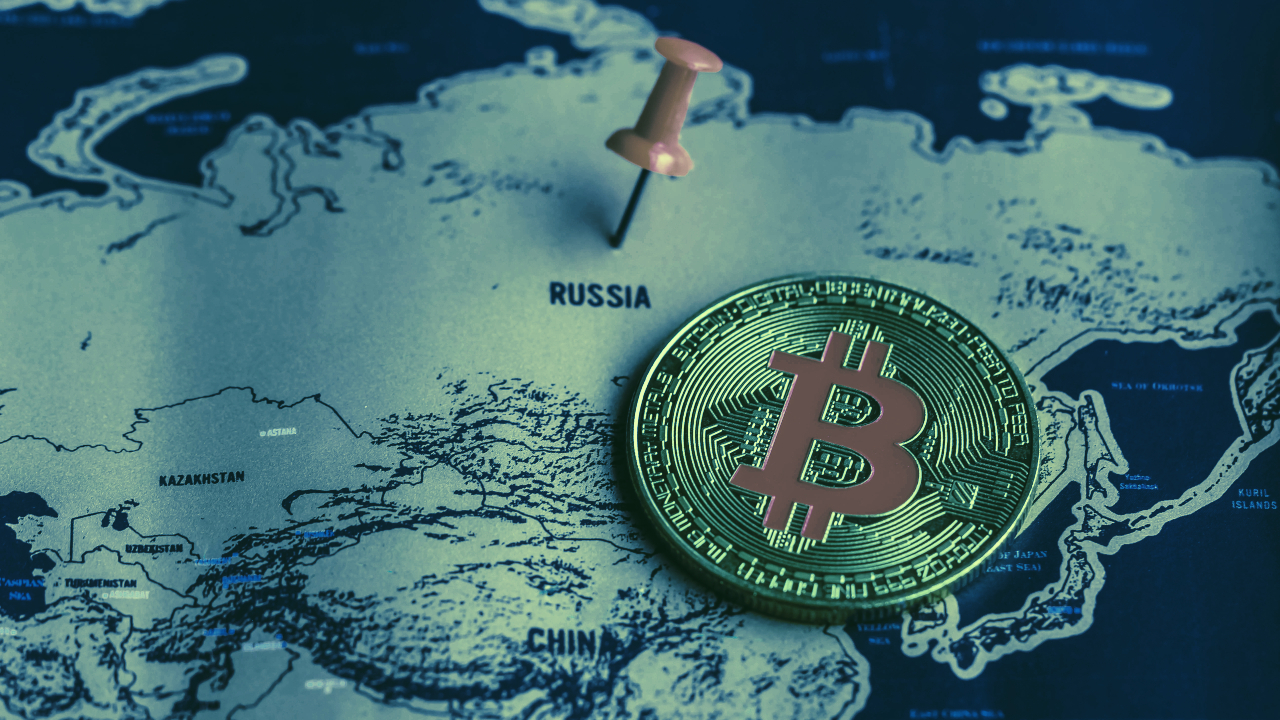Kazakhstan Opens Door to Nationwide Crypto Use With New Law
Kazakhstan has introduced sweeping changes to its digital asset framework after President Kassym-Jomart Tokayev signed a new law simplifying the rules around cryptocurrency circulation and regulation. The updated legislation removes earlier restrictions tied to the Astana International Financial Center (AIFC), marking a significant shift in how digital assets can be used nationwide.
What Has Changed Under the New Digital Asset Rules?
The Law “On Amendments and Additions Concerning Artificial Intelligence and Digitalization” establishes a fresh regulatory model for unsecured digital assets. Previously, cryptocurrencies could legally circulate only within the AIFC, but they are now permitted across the entire country, provided participants comply with Kazakhstan’s national legislation.
One of the most notable changes is the removal of the requirement for miners to sell most of their mined cryptocurrency through the AIFC exchange. Miners are no longer obligated to withdraw or liquidate assets via a specific platform, giving them greater flexibility in how they handle their operations.
Broader Legal Recognition for Crypto and Mining
Cryptocurrency mining is now officially permitted for both legal entities and sole proprietors. Importantly, it is not considered an activity related to organizing digital asset circulation, reducing regulatory burdens for miners.
The law also lifts the previous ban on issuing and circulating unsecured digital assets. Licensed cryptocurrency exchanges will now be allowed to operate within Kazakhstan, creating a regulated market for exchange services. The amendments take effect 60 days after their first official publication.
Officials say the expanded legal environment should encourage more transparency among investors. Tokayev noted that only around 5% of market participants were fully compliant with AIFC rules, while the rest operated outside official regulation.
Kazakhstan Introduces New AI Law Alongside Crypto Reforms
In parallel with the crypto reforms, Tokayev signed a separate law focused on artificial intelligence. The legislation sets core principles for AI systems, including transparency, legality, fairness, data protection, and accountability for system owners and operators.
A new content-labeling mechanism will help identify AI-generated products and reduce the risk of manipulative or misleading material. The law also prohibits AI technologies that use subconscious influence or gather personal data illegally.
Authorities have announced plans to build a legal framework for a national AI platform designed to test and develop models in a controlled environment.
Kazakhstan recently signed a memorandum of intent with Nvidia to acquire $2 billion in AI chips, emphasizing the country’s growing ambitions in digital and technological innovation.
You May Also Like

Vitalik’s Keynote Triggers Wave of Development as Ethereum World Fair Launches in Buenos Aires

XRP Holds $2.15 Support as It Aims for a Move Toward $2.70
